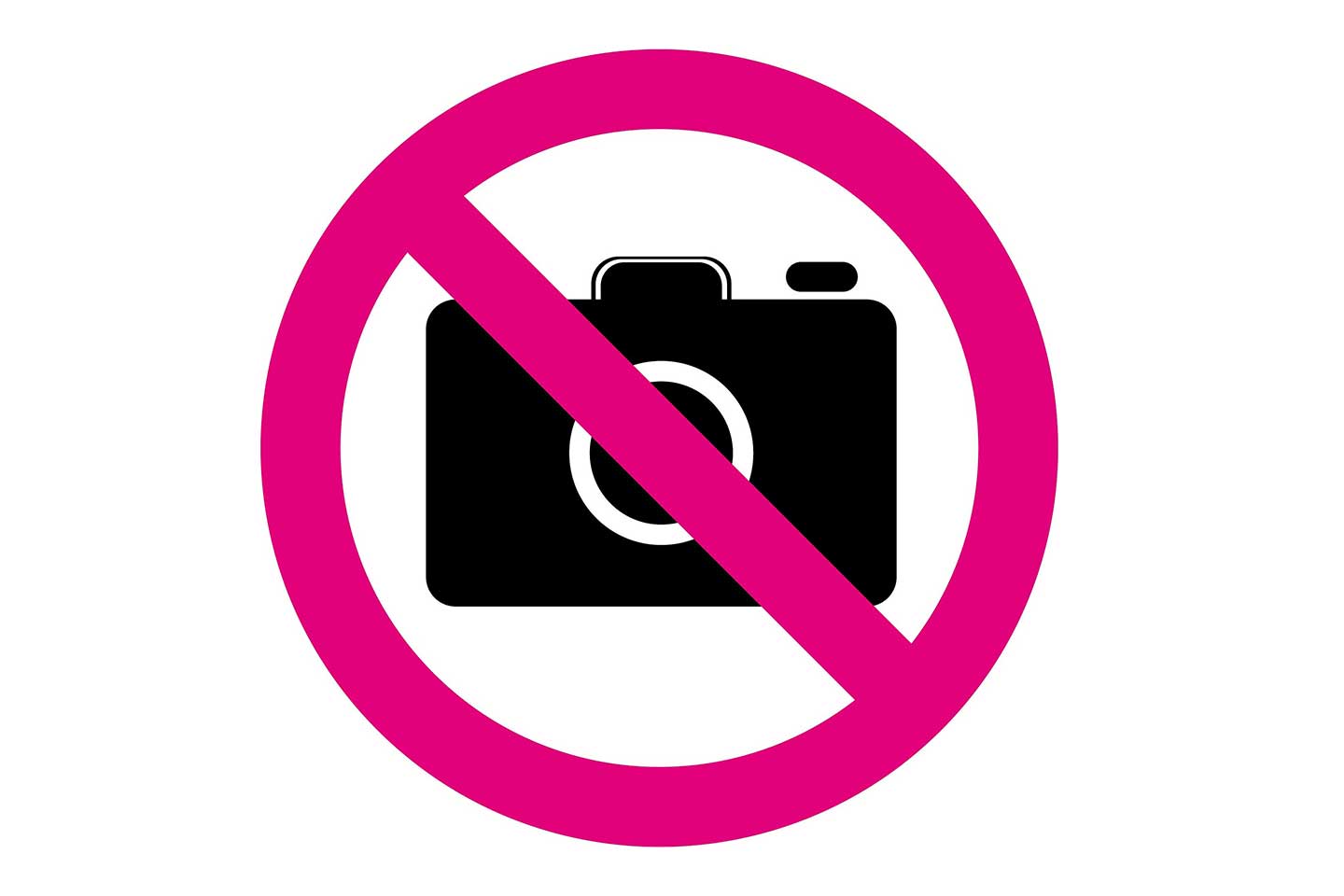With the backdrop of the #MeToo movement, the changes to the Criminal Code (WA) which created intimate images distribution offences in 2019, and the Australian Human Rights Commission Respect@Work: Sexual Harassment National Inquiry Report (2020).


it is important that any instance of harassment, discrimination, or any criminal offence by an employee towards another employee in the course of employment is treated very seriously by employers.
As well as having a devastating impact on affected individuals’ health, wellbeing, career and finances, sexual harassment represents a cost to employers through:
- lost productivity;
- staff turnover;
- negative impact on workplace culture;
- responding to complaints, litigation, and workers’ compensation; and
- reputational damage.
The Respect@Work report recommends that the Sex Discrimination Act be amended to introduce a positive duty on all employers to take reasonable and proportionate measures to eliminate sex discrimination, sexual harassment and victimisation, as far as possible.
Employers can already be found vicariously liable for discrimination and harassment that occurs in connection with a person’s employment unless the employer took all reasonable steps to prevent the unlawful act. Whether reasonable steps were taken will depend on factors including the size of the organisation, the nature of the workforce, the conditions under which the work is carried out and any history of unlawful behaviour. The onus rests with the employer to prove that it is not vicariously liable for the conduct of its employees.
In Western Australia it is a criminal offence to distribute an intimate image of a person without their consent and an offence to threaten to distribute an intimate image even if a person is not actually able to distribute the image, or if the intimate image does not actually exist.
An “intimate image” can include an image of a person who is naked, partially naked or in their underwear. It includes an image of a person engaging in a private act such as bathing, and it includes photoshopped images, where a person’s face is superimposed onto an intimate image.
“Distribution” includes posting intimate images on social media, uploading them to websites, photocopying and displaying them where others can see them, sending intimate images by text or other applications and through standard mail. Distribution includes sharing with as little as one other person.
Sexual harassment in any form, including the criminal offences of distributing an intimate image of a person without their consent or threatening to distribute an intimate image of a person, has no place in contemporary Australian workplaces.
Employers who do not take steps to create a culture of “no tolerance” to sexual harassment put their employees and their businesses at risk.
Employers should take reasonable steps to ensure:
- All relevant policies, including Social Media, Discrimination and Harassment policies, and codes of conduct are updated to include reference to the Intimate Images Laws, and implications for employees for breaching them.
- All relevant policies are published and accessible to employees.
- Training is provided to employees on any changes that have been made to policies including what the impact of a breach of the policies would be to the victim, the perpetrator and the organisation.
- Regular reminders are provided to employees about the relevant policies and the effects and ramifications of breaches.
- They are well equipped to enforce the relevant policies including when necessary taking disciplinary action for any breaches and considering whether the circumstances warrant a report being made to the WA Police.
Employers should also be conscious that any failure to investigate and deal with complaints about a breach of its policies may be seen as reflective of a culture in the workplace that tolerates unlawful behaviour and puts the business at serious risk of reputational damage.
For further information please visit www.wcasolutions.com
or contact WCA Solutions (08) 9383 3293







